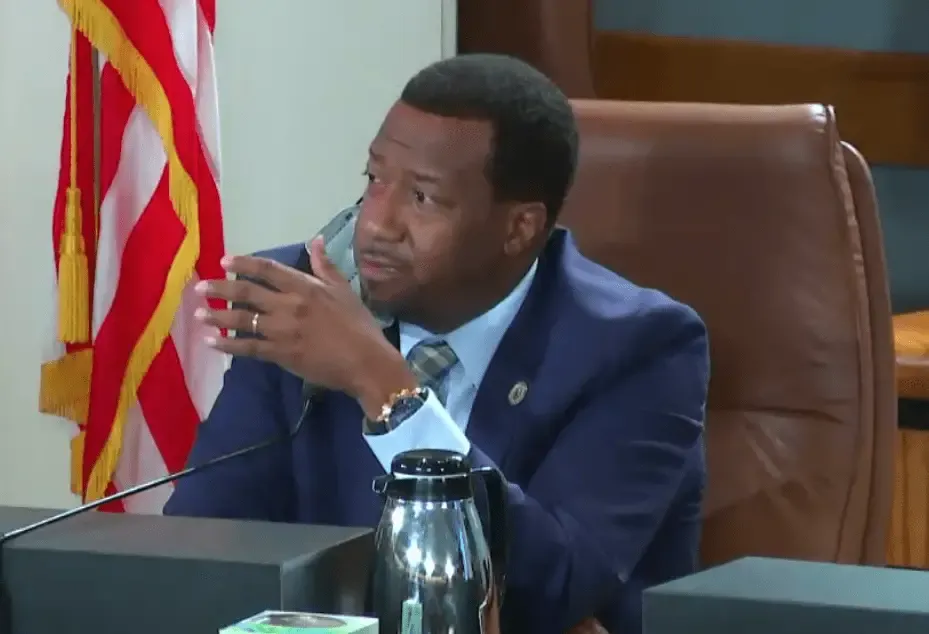Henrico Board of Supervisors — Top News — Government — Public Safety — Dan Schmitt — Pat O'Bannon — Tyrone Nelson — Frank Thornton — Tommy Branin — Henrico civilian review board — CRB
Plans for a civilian review board in Henrico appear dead





